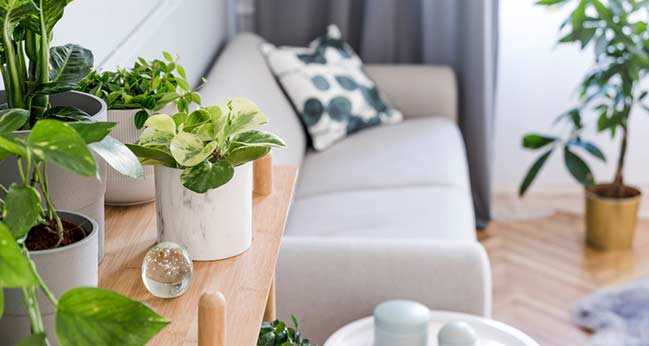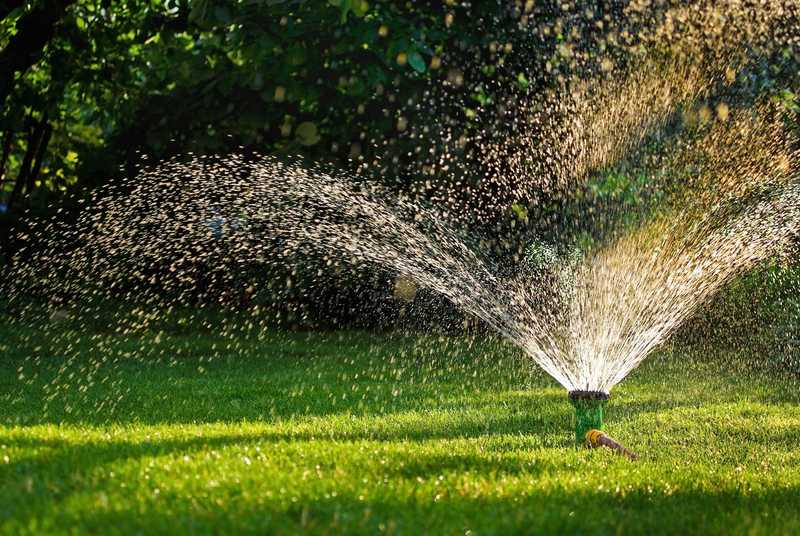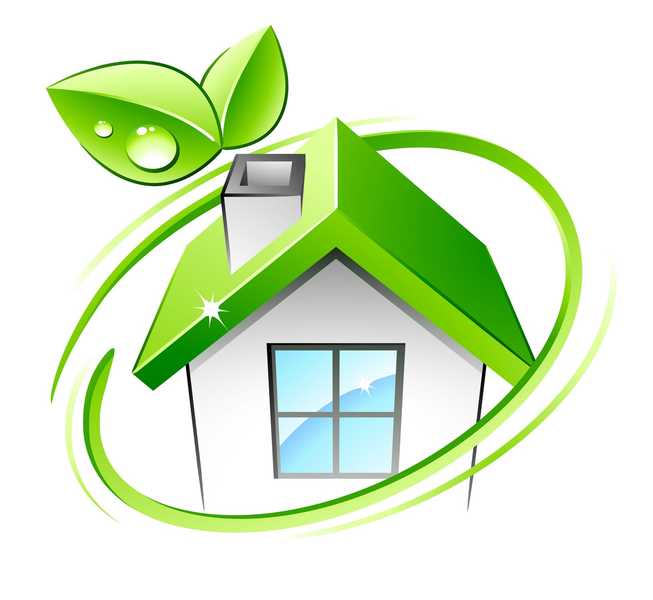Build your home in eco-friendly ways
 World Environment Day is on 24th November. As the world is grappling to find solutions to the menaces by global warming, the responsibility to ensure a sustainable world falls on not only the government agencies running the nations, but also on ourselves, each and every individual.
World Environment Day is on 24th November. As the world is grappling to find solutions to the menaces by global warming, the responsibility to ensure a sustainable world falls on not only the government agencies running the nations, but also on ourselves, each and every individual.
Green homes and eco-friendly construction are some of the ways through which you can get your dream home without causing much of a harm to the environment. Modern construction has given birth to eco-friendly building techniques that include using materials that take less energy or require fewer resources to produce; designing homes to be more energy-efficient and incorporating alternative energy and waste water management into home designs. An eco-friendly world would be possible only when building your home will be done in an eco-friendly manner.
Here are some basic tips to build your home in eco-friendly ways –
Use green building materials:
Common materials can be used in building your dream home in ways which would contribute to the environment balance. Recycled lumber can be used for studs and insulation made of recycled jean material may be used for walls.
Materials that last a lifetime reduce the amount of waste that goes into landfills and they also save resources that would otherwise be used to replace them. Some of these products include cement board siding, stone and brick, and stand and seam metal roofing. You should also keep in an eye use materials that do not release toxins into the environment.
Make it energy-efficient
One of the most important features of eco-friendly houses is that they are designed for energy efficiency, i.e. they consume less energy. Green design includes windows placed in such a way that the home gets the maximum amount of ventilation. Maximum ventilation and sunshine inside the house would minimise the use of high-efficiency appliances, heating and cooling equipment and water heaters.
Use alternative energy
Alternative energy sources in your home would mean that you will be contributing less to the atmosphere being heated up. Some of these systems generate electricity directly – photovoltaic (PV or solar electric) and wind power systems. Other systems, such as geothermal and solar hot water, use the sun to heat or pre-heat water for domestic use or for space heating and cooling.
Water management
Through managing water, you can contribute to the atmosphere and save nature’s most precious gift. It is important to reduce rainwater runoff, which can carry too many nutrients to nearby watersheds. Minimize impervious surfaces and use rain barrels to catch water running off the roof. These water can then be directed to gardens and lawns.
Rainwater harvesting has been much emphasised upon in recent times. In many of the metros it has been made mandatory. Having a rainwater harvesting system installed in your home would ensure your contribution towards the environment.








